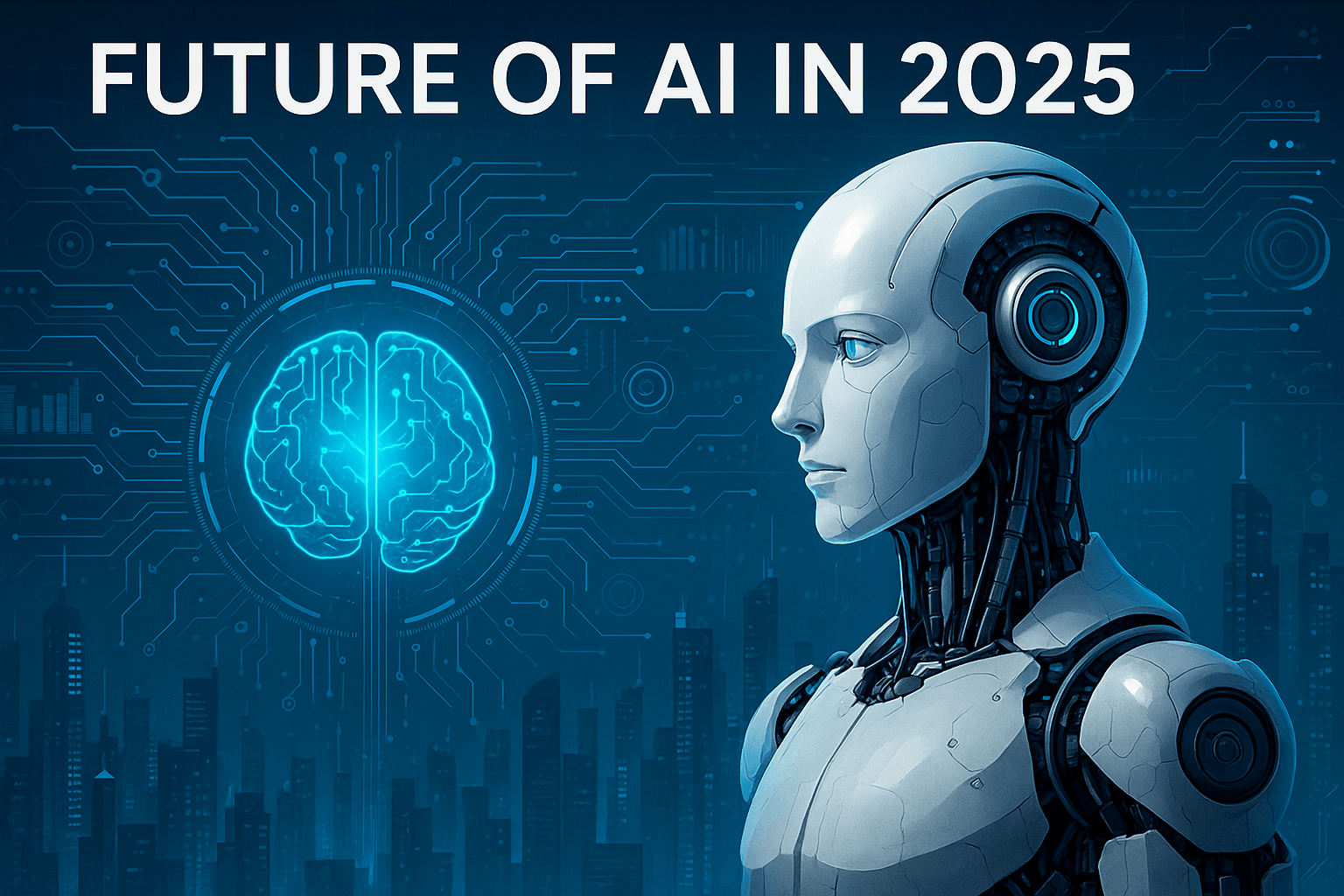
The very fabric of our digital world is being rewoven by a force that learns, reasons, and creates. Artificial Intelligence (AI) has moved from the pages of science fiction to the core of our daily operations, and its trajectory into 2025 promises a revolution unlike any we've seen before. It's an engine of innovation powering everything from medical breakthroughs to personalized entertainment. But as this technology grows more sophisticated, understanding its principles, potential, and pitfalls becomes not just an advantage, but a necessity.
This comprehensive guide explores the current landscape of Artificial Intelligence, unveils the cutting-edge developments shaping its future, and provides a clear-eyed view of both the incredible opportunities and the significant challenges that lie ahead. For those looking to formalize their expertise in this dynamic field, we will also explore how a certification like the AIF: EXIN BCS Artificial Intelligence Foundation can become your cornerstone for success.
What Is Artificial Intelligence?
At its core, Artificial Intelligence is a branch of computer science dedicated to creating systems that can perform tasks that typically require human intelligence. These tasks include learning from experience, understanding natural language, recognizing patterns, solving problems, and making decisions. Think of it not as a single entity, but as an umbrella term for a suite of technologies, including machine learning (ML), deep learning, and neural networks. These systems aren't just programmed with instructions; they are trained on vast amounts of data, allowing them to identify correlations and make predictions with increasing accuracy.
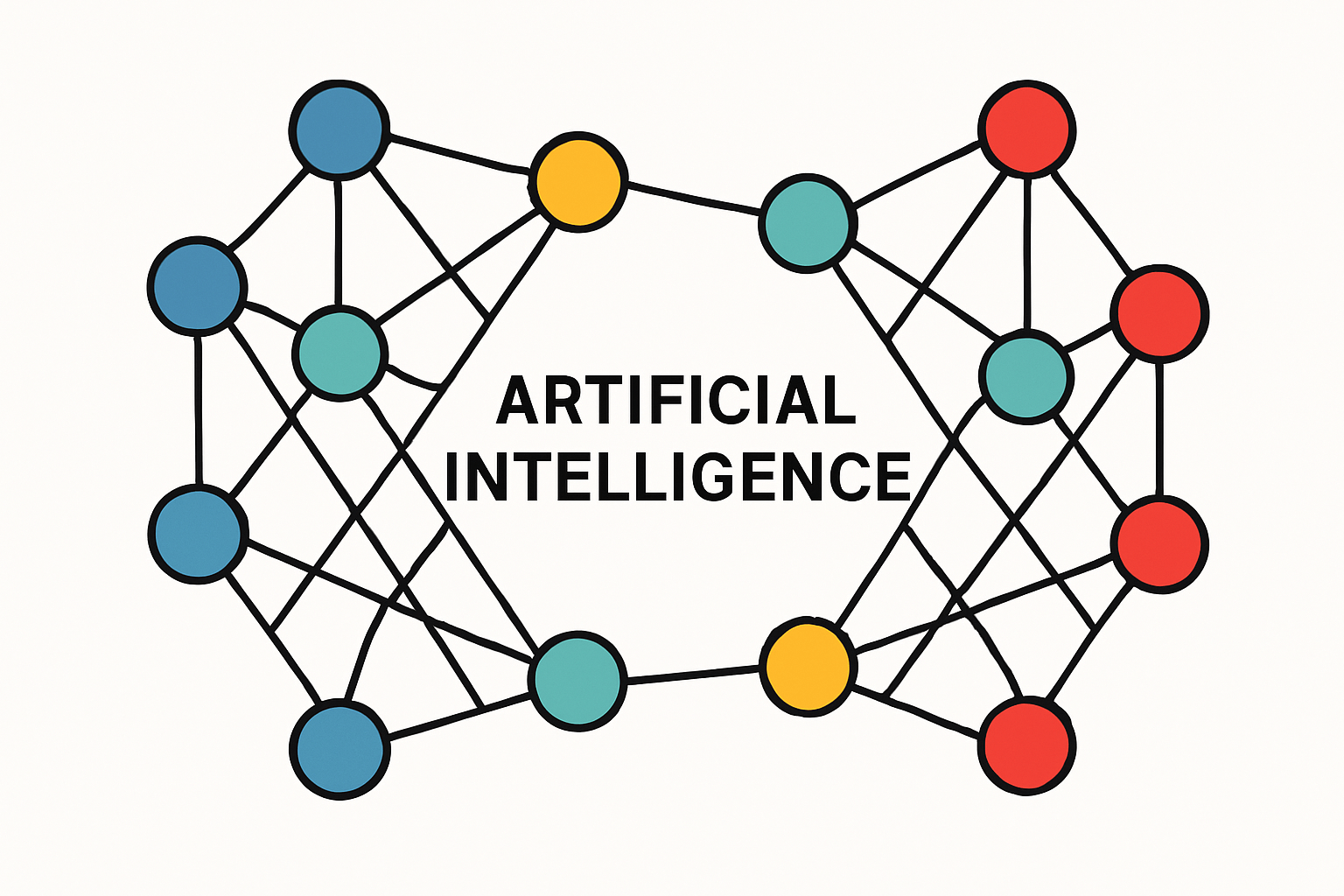
Current State of AI
Today, Artificial Intelligence is already deeply integrated into our lives, often in ways we don't even notice. The progress made in the last few years has been nothing short of astonishing, moving AI from a background process to a collaborative tool.
Generative AI (ChatGPT, DALL·E, and MidJourney): This is perhaps the most visible frontier of AI. Generative models have captured the public imagination by creating original text, images, music, and code from simple prompts. Tools like ChatGPT can draft emails and write complex programs, while DALL·E and MidJourney can produce stunning, photorealistic images from a single sentence, democratizing creativity and content creation.
Language Models: The engine behind generative text AI, Large Language Models (LLMs) have become incredibly adept at understanding and producing human-like language. They power chatbots, translation services, and sentiment analysis tools, enabling more natural and effective communication between humans and machines.
Computer Vision: AI's ability to "see" and interpret the visual world has matured significantly. It's the technology behind facial recognition on your phone, quality control on manufacturing lines, and the navigation systems in autonomous vehicles. It analyzes medical scans to detect diseases earlier and more accurately than the human eye.
Healthcare: In healthcare, AI is already a powerful ally. It helps in diagnosing diseases like cancer from medical images, predicting patient outcomes based on health records, and personalizing treatment plans. AI algorithms can analyze complex biological data to identify potential drug candidates, drastically shortening the research and development cycle.
Scientific Discovery: Beyond medicine, Artificial Intelligence is accelerating scientific breakthroughs. It's used to model complex climate systems, discover new materials with unique properties, and analyze astronomical data to find new exoplanets. AI acts as a tireless research assistant, capable of sifting through data on a scale no human could manage.
Latest Developments in AI
The field of Artificial Intelligence is in constant flux. What was groundbreaking yesterday is standard today. As we look toward 2025, several key developments are pushing the boundaries of what's possible.
Multimodal AI: The next evolution of AI is multimodal—systems that can understand and process information from multiple sources simultaneously, including text, images, audio, and video. This creates a more holistic and context-aware understanding, much like humans do. A multimodal AI could watch a video and generate a textual summary, answer questions about what it "saw" and "heard," and even describe the emotional tone of the scene.
Explainable AI (XAI): As AI models become more complex, their decision-making processes can become a "black box," making it difficult to understand why a particular conclusion was reached. XAI is a critical area of research focused on developing techniques that make AI models more transparent and interpretable. This is crucial for building trust, especially in high-stakes fields like finance and medicine.
Edge AI and Federated Learning: Historically, AI processing has been done in the cloud. Edge AI shifts this processing to local devices (like your smartphone or a smart sensor). This reduces latency, improves privacy by keeping data on the device, and allows AI to function without a constant internet connection. Federated Learning complements this by allowing AI models to be trained across multiple decentralized devices without exchanging the raw data, further enhancing privacy and security.
AI in Drug Discovery and Healthcare: The synergy between AI and life sciences is deepening. AI is being used for everything from genomic sequencing analysis to predicting protein structures—a complex challenge that Google's AlphaFold has largely solved. This is accelerating the creation of new drugs and therapies, promising a future of highly personalized medicine.
Energy-Efficient Models: A major concern with large-scale AI has been its significant energy consumption and environmental impact. A key development is the focus on creating smaller, more energy-efficient models that can deliver powerful results without requiring massive data centers. This "Green AI" movement is essential for sustainable technological growth.
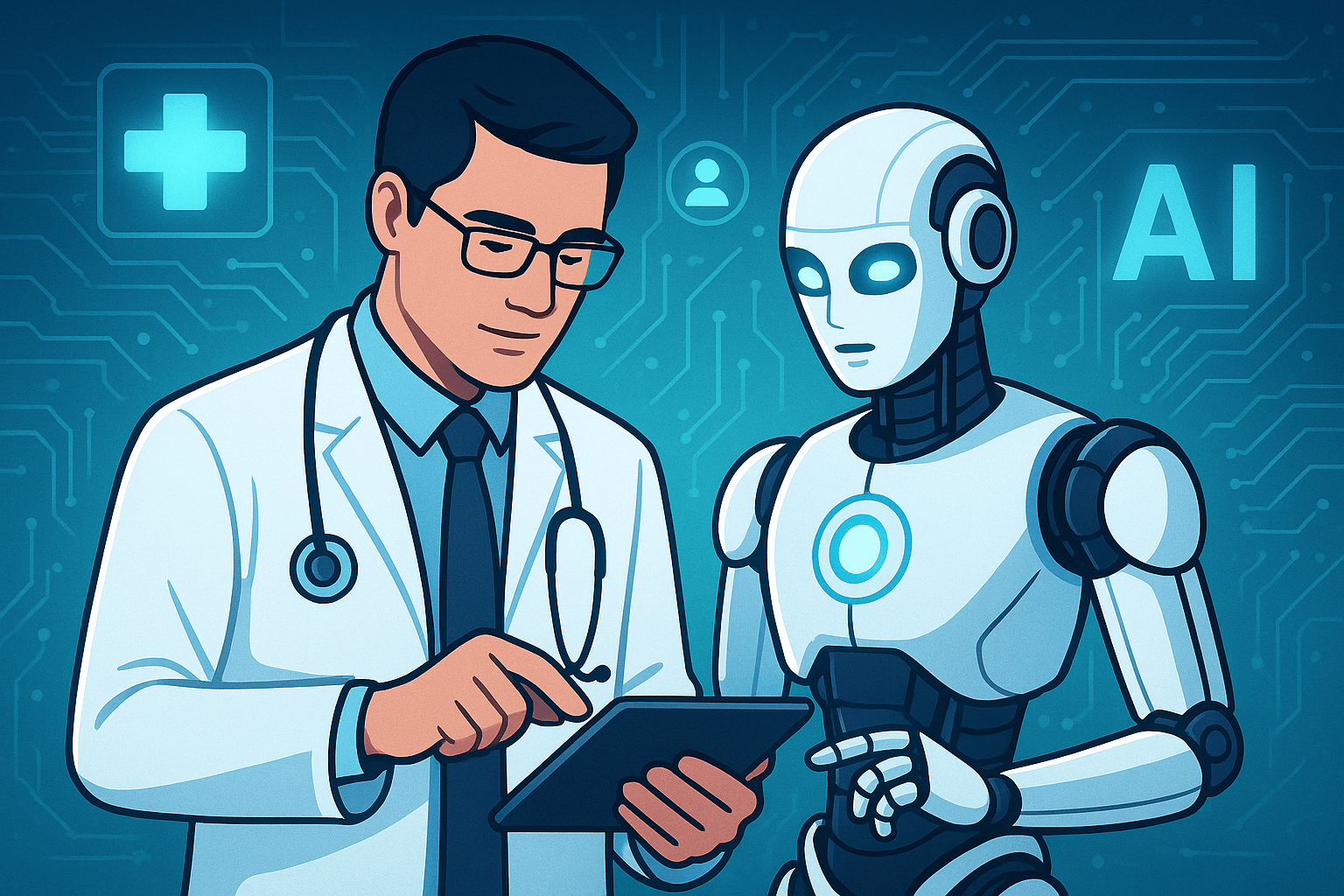
Future Trends and Predictions for 2025
Looking ahead, the impact of Artificial Intelligence is set to become even more profound. By 2025, we can expect to see these trends mature and reshape society.
Smarter Healthcare: Expect AI-driven predictive diagnostics to become mainstream, warning patients and doctors of potential health issues before symptoms appear. Treatment plans will be hyper-personalized based on an individual's genetic makeup, lifestyle, and environment.
Intelligent Education Systems: Education will become more adaptive and personalized. AI tutors will provide students with customized learning paths, identifying their strengths and weaknesses and adjusting the curriculum in real-time to ensure comprehension.
Safer Cities and Crime Prevention: AI will play a larger role in urban management, optimizing traffic flow to reduce congestion and emissions. While controversial and requiring strong ethical oversight, it will also be used to analyze data for predictive policing and to enhance emergency response times.
Autonomous Transportation and Logistics: Self-driving cars, trucks, and drones will become more common, revolutionizing logistics and supply chains. AI will optimize delivery routes, manage warehouse inventory with autonomous robots, and make transportation safer and more efficient.
Addressing Global Challenges: Artificial Intelligence will be a crucial tool in tackling some of the world's biggest problems, from monitoring deforestation and predicting natural disasters to optimizing energy grids for renewable sources and developing new solutions for food security.
Collaborative Robotics and Virtual Assistants: The line between human and machine collaboration will blur. "Cobots" (collaborative robots) will work safely alongside humans in factories and warehouses. Virtual assistants will become more context-aware and proactive, managing schedules and tasks with a deep understanding of our needs and habits.
Potential Risks and Challenges
With great power comes great responsibility. The rapid advancement of Artificial Intelligence is not without its risks, and addressing them proactively is paramount.
Job Displacement: Automation driven by AI could displace workers in certain sectors, necessitating a focus on reskilling and upskilling the workforce.
Black Box Models: The lack of transparency in some AI systems can lead to untrustworthy or biased outcomes that are difficult to challenge or correct.
Surveillance and Privacy: The ability of AI to analyze vast amounts of personal data raises significant concerns about mass surveillance, data misuse, and the erosion of privacy.
Weaponization: The development of lethal autonomous weapons systems (LAWS) presents a grave ethical and security threat that requires international regulation.
Environmental Cost: The computational power required to train large AI models has a substantial carbon footprint, making sustainable AI development a critical challenge.
Over-Reliance on Automation: An excessive dependence on AI could lead to a decline in human critical thinking and decision-making skills.
Neutralizing AI Risks
To harness the benefits of Artificial Intelligence while mitigating its risks, a global consensus is forming around a set of core principles for responsible AI governance.
Transparency: AI systems should be understandable. Organizations using AI must be able to explain how their models work and the basis for their decisions.
Security: AI systems must be robust and secure from manipulation, ensuring that they operate as intended and cannot be compromised by malicious actors.
Fairness: AI must be designed to avoid unfair bias. This involves carefully curating training data and continuously auditing algorithms to ensure they do not perpetuate or amplify existing societal inequities.
Accountability: Clear lines of accountability must be established. When an AI system causes harm, there needs to be a framework for determining who is responsible and providing recourse for those affected.
Safety: AI systems should be safe and reliable throughout their operational life, with mechanisms in place to prevent them from causing unintended harm.
Solidify Your Future with a Foundational Certification
Navigating the complex and rapidly evolving world of Artificial Intelligence can feel overwhelming. The terminology is dense, the concepts are abstract, and the pace of change is relentless. For professionals aiming to build a career in technology, data science, or business strategy, a solid, verifiable understanding of AI is no longer optional.
This is where the EXIN BCS Artificial Intelligence Foundation (AIF) certification comes in. It provides a structured and comprehensive curriculum designed to demystify AI. The certification covers the core concepts, terminology, benefits, and challenges of Artificial Intelligence and Machine Learning. It’s the perfect starting point for anyone looking to build a credible foundation in this essential field.
However, the path to certification can be stressful. Reading manuals and theoretical guides is one thing, but facing the actual exam is another. How do you know if you've truly grasped the concepts? How can you turn theoretical knowledge into exam-day confidence?
This is precisely the challenge that CertFun helps you overcome. Instead of just studying, you can actively prepare with a suite of realistic AIF: EXIN BCS Artificial Intelligence Foundation practice exams. Our platform allows you to:
- Simulate the Real Exam Experience: Get comfortable with the format, question types, and time constraints you'll face on test day.
- Identify Knowledge Gaps: Discover which areas of the AI curriculum you need to focus on before it's too late.
- Build Confidence: Walk into your exam with the assurance that comes from having successfully tackled hundreds of practice questions.
- Track Your Progress: Measure your performance over time and watch your scores improve as you master the material.
Don't let exam anxiety hold you back. Transform your preparation with CertFun and build the foundational AI knowledge you need to thrive in 2025 and beyond.
Conclusion
The future of Artificial Intelligence is not a distant horizon; it is actively being built today. The trends shaping 2025 point to a world where AI is more integrated, intelligent, and impactful than ever before. It holds the potential to solve some of our most pressing global challenges and unlock unprecedented levels of human creativity and productivity.
However, realizing this potential requires a proactive and responsible approach. By focusing on ethical principles like transparency, fairness, and accountability, we can guide the development of AI in a direction that benefits all of humanity. For individuals and organizations alike, the first step is education. Building a strong foundational understanding of Artificial Intelligence is the key to not only participating in this transformation but also shaping its outcome.
FAQs
1. What is the EXIN BCS Artificial Intelligence Foundation (AIF) exam?
The AIF exam is a certification that validates a professional's foundational knowledge of Artificial Intelligence and Machine Learning. It covers key concepts, terminology, ethical considerations, and the practical applications of AI in business. It is designed for anyone with an interest in or need to understand AI, including IT professionals, business managers, and data analysts.
2. Who should take the AIF certification?
This certification is ideal for individuals in a variety of roles who need to understand the fundamentals of AI. This includes IT managers, software developers, project managers, business analysts, marketing professionals, and anyone whose work is being impacted by the rise of Artificial Intelligence. No deep technical background is required, making it accessible to a broad audience.
3. What topics are covered in the Artificial Intelligence Foundation exam?
The exam syllabus covers a wide range of topics.
- An introduction to AI and historical development - 15%
- Ethical and legal considerations - 15%
- Enablers of AI - 15%
- Finding and using data in AI - 20%
- Using AI in your organization - 20%
- Future planning and impact – human plus machine - 15%
4. How can I best prepare for the AIF exam?
A successful preparation strategy involves multiple steps. First, thoroughly review the official syllabus from EXIN and BCS. Second, study recommended materials and guides. Most importantly, test your knowledge and readiness by using high-quality practice exams. Platforms like CertFun offer realistic exam simulations that help you identify weak areas and build confidence for the actual test.
5. Is the AIF certification worth it in 2025?
Absolutely. As Artificial Intelligence becomes increasingly integrated into all aspects of business, a foundational certification like the AIF demonstrates a credible and verified understanding of the technology. It can enhance your career prospects, make you a more valuable asset to your organization, and provide you with the language and concepts needed to participate in strategic discussions about AI implementation.
6. What is the format of the AIF exam?
The AIF exam typically consists of 40 multiple-choice questions that must be answered within 60 minutes. The passing score is generally 65%, which means you need to answer at least 26 questions correctly. It is a closed-book exam designed to test your understanding of the core principles of Artificial Intelligence.

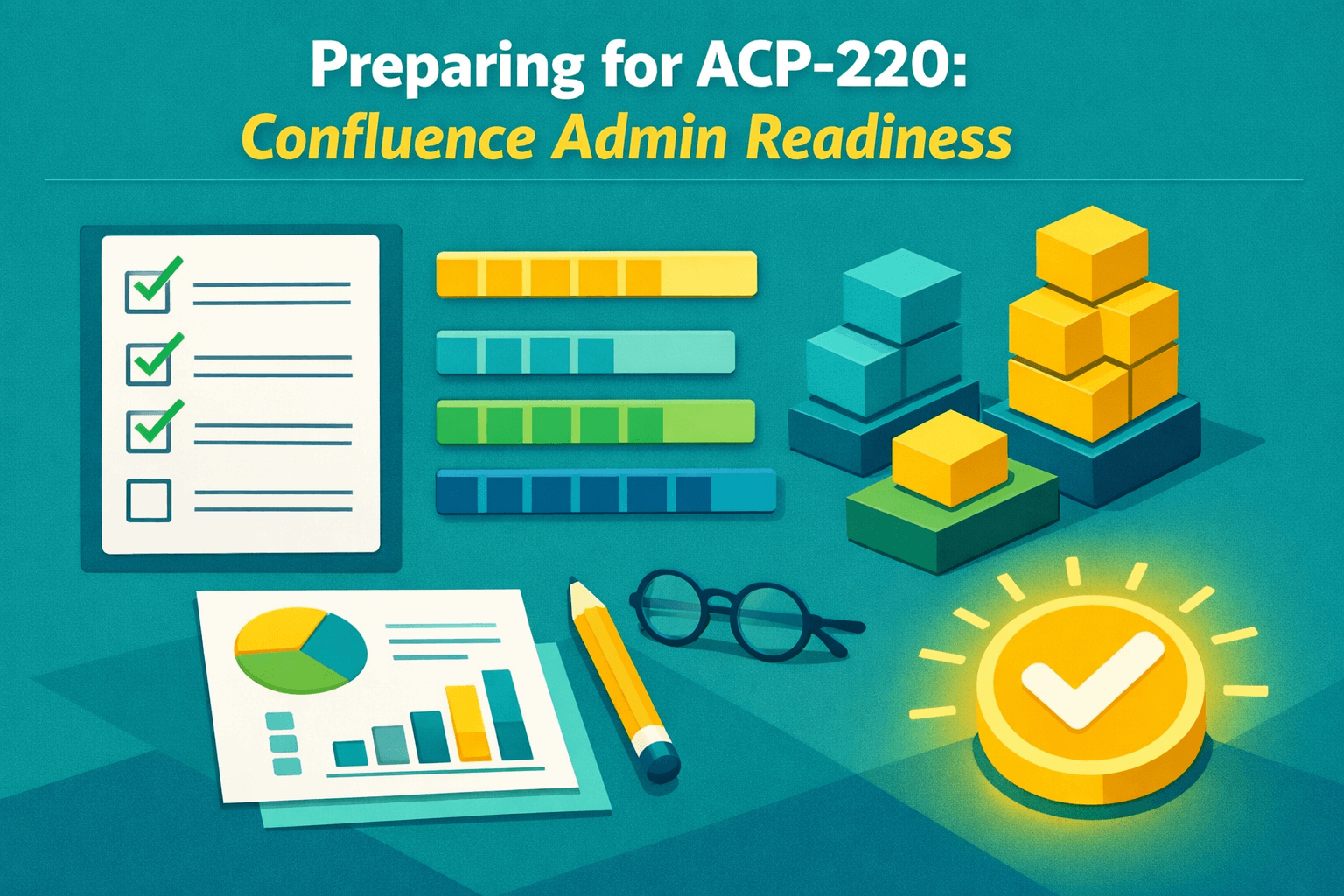
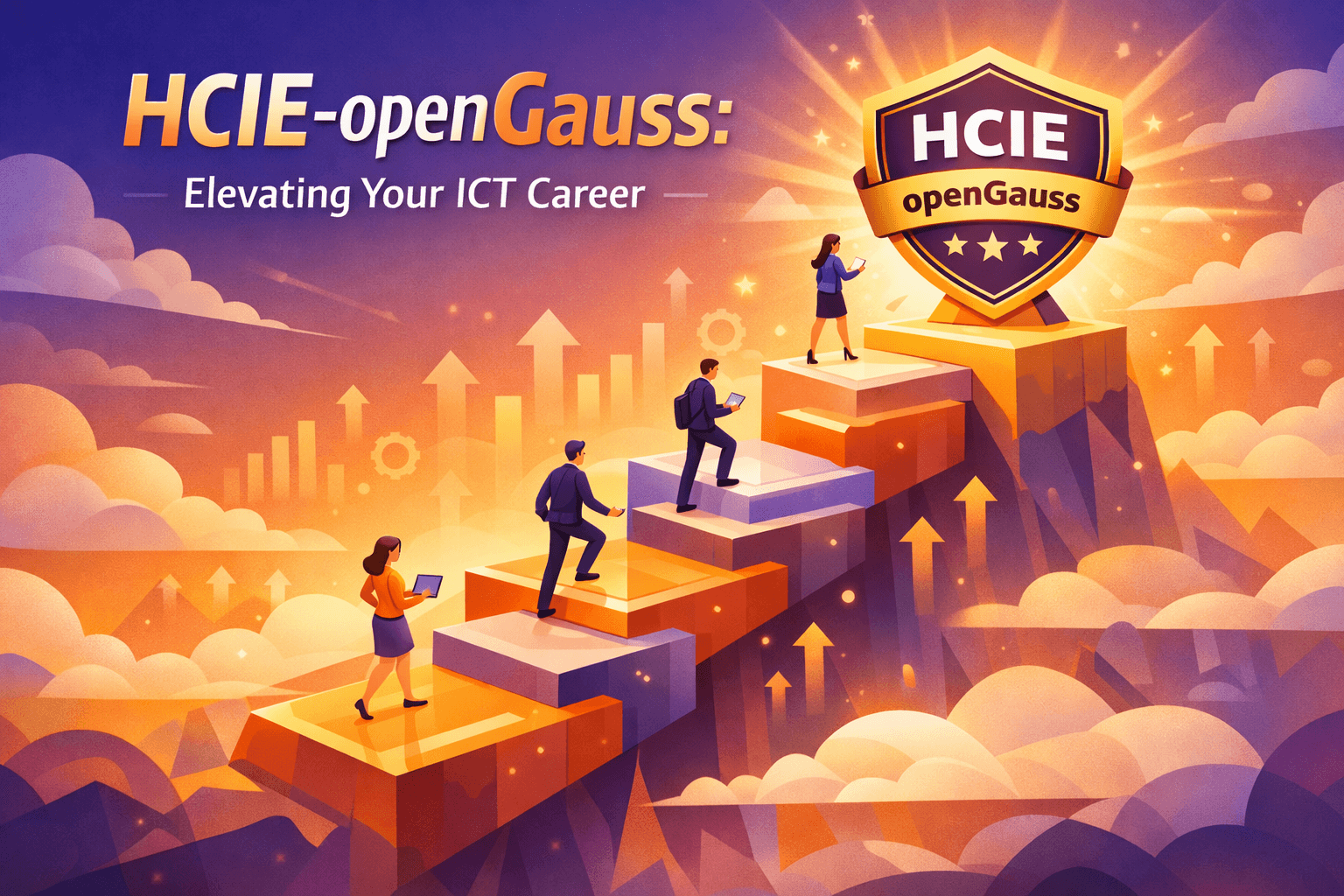

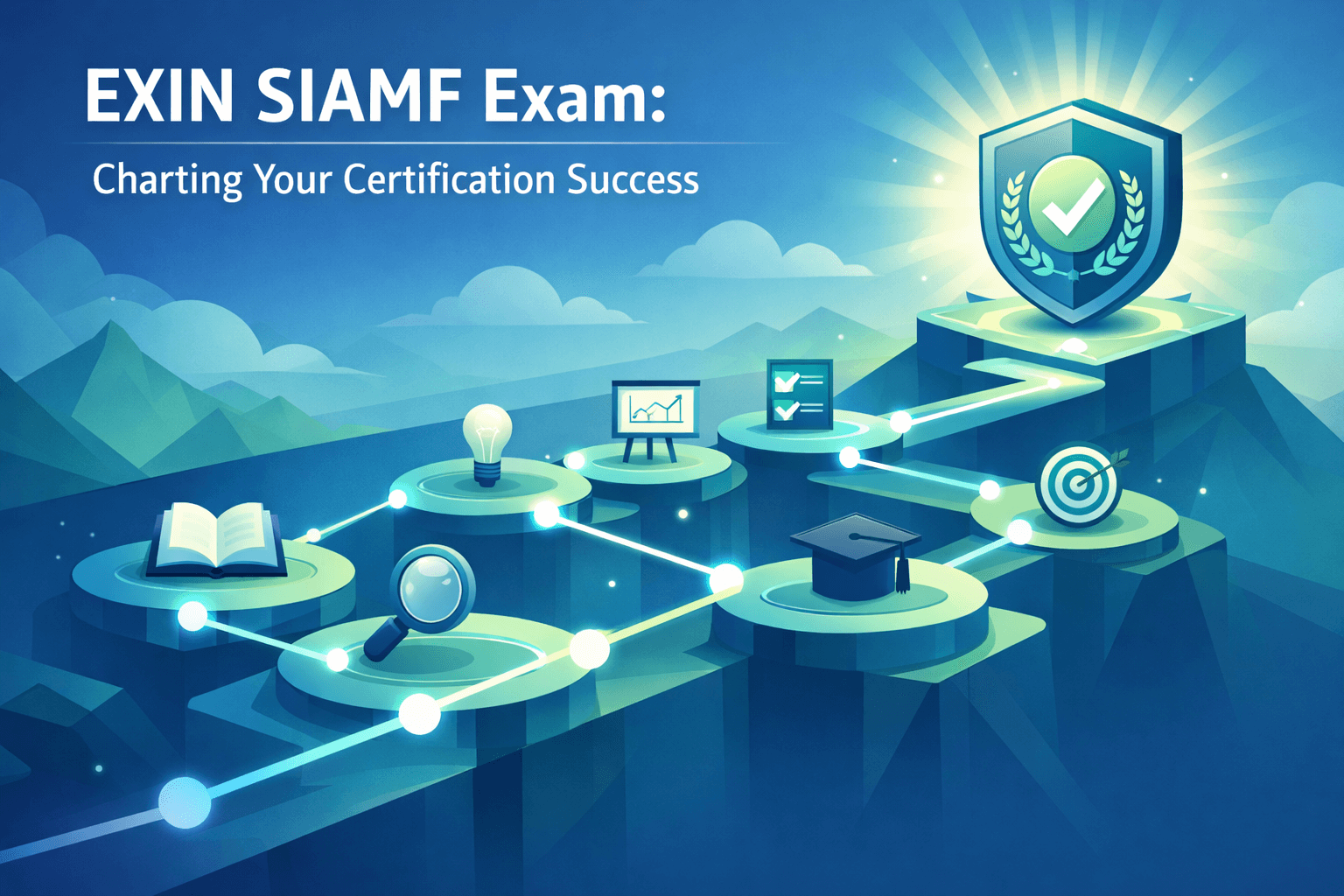
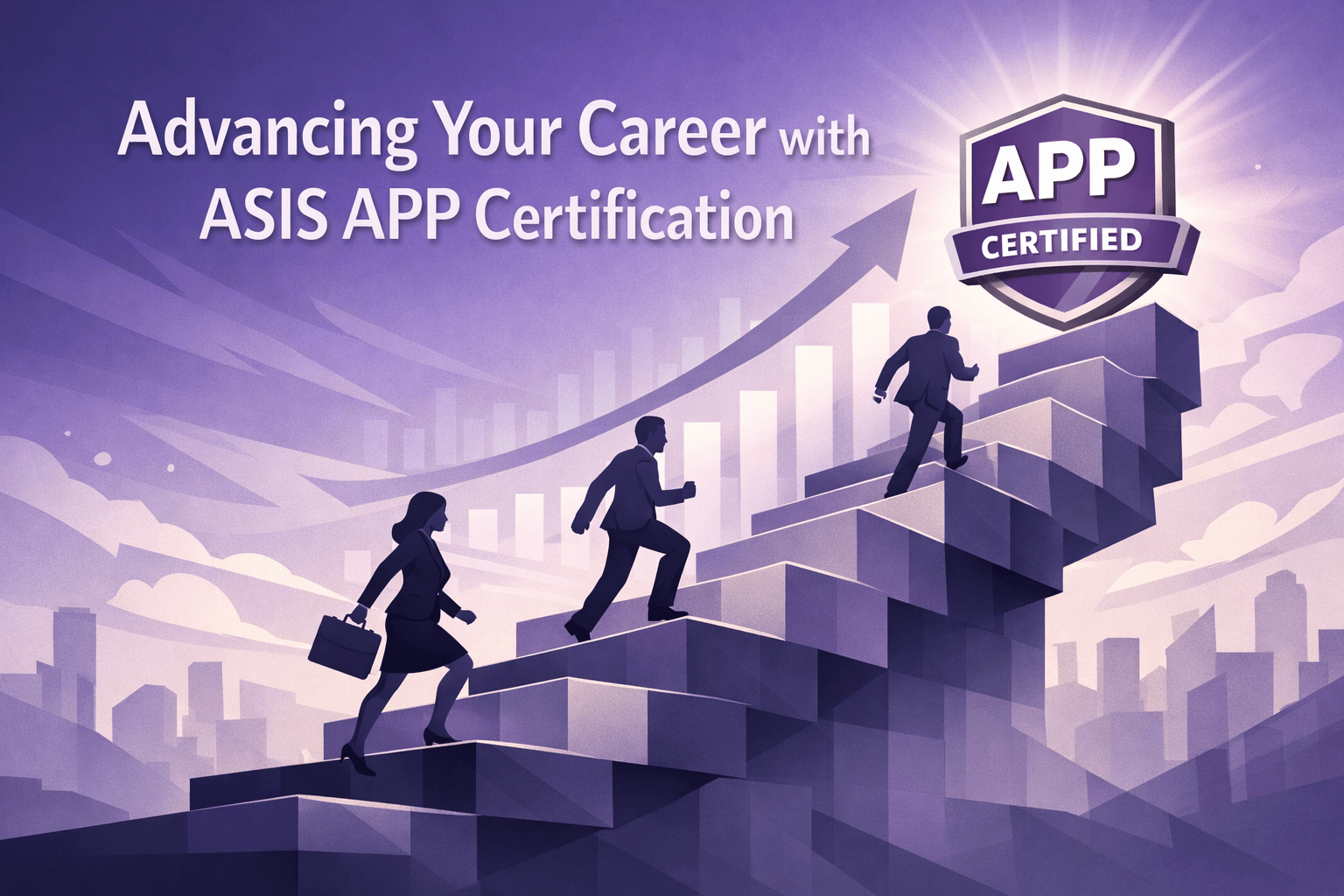
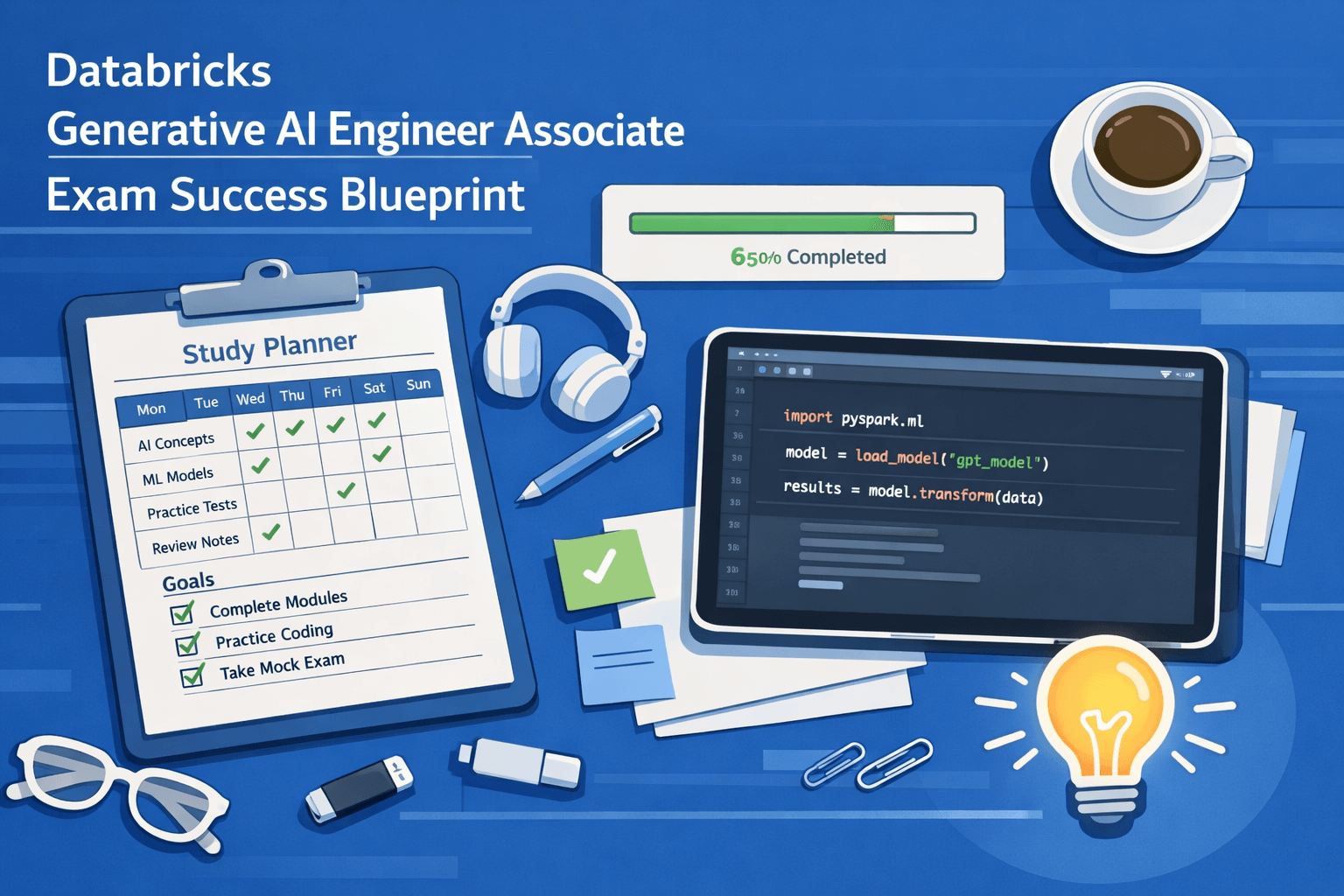


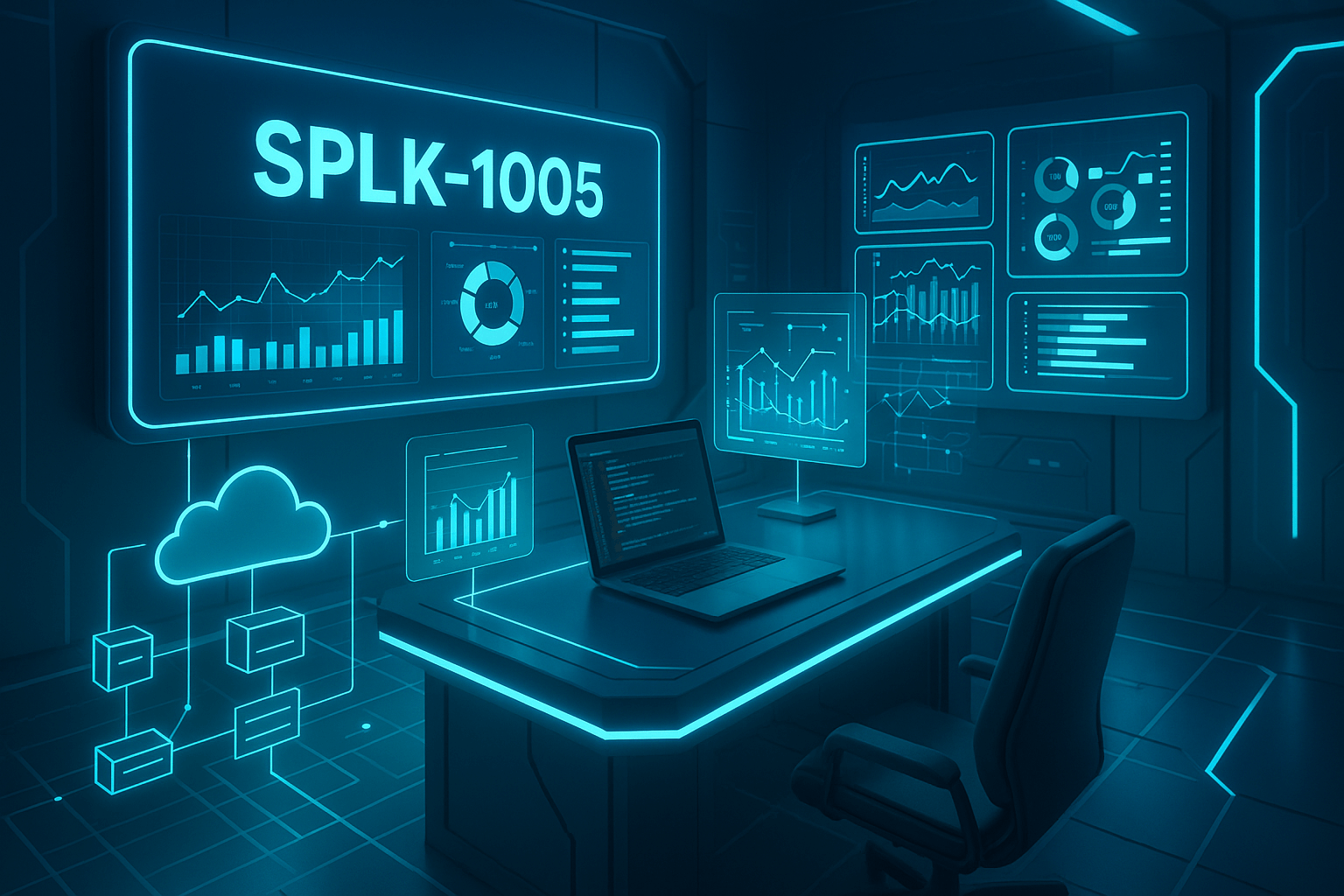
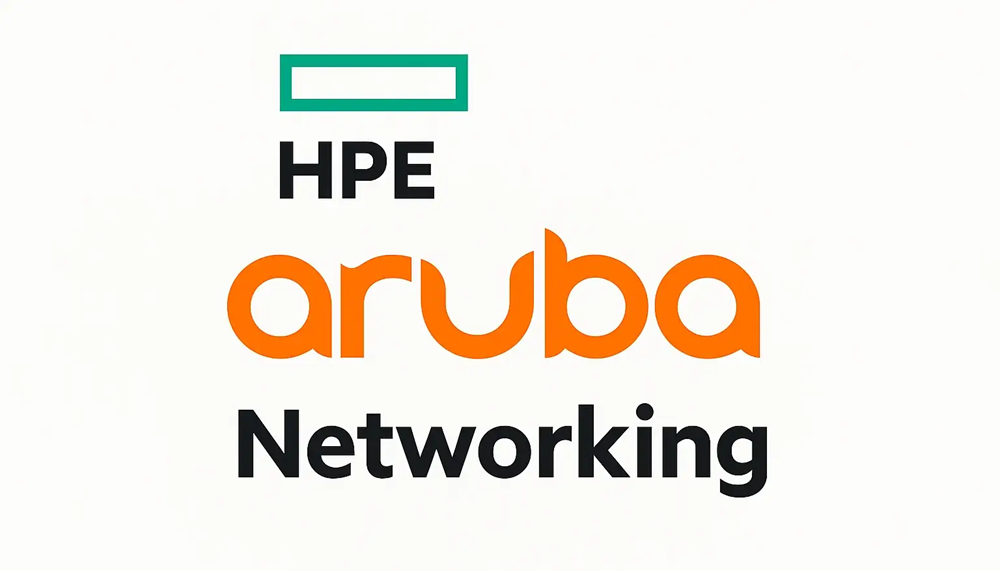
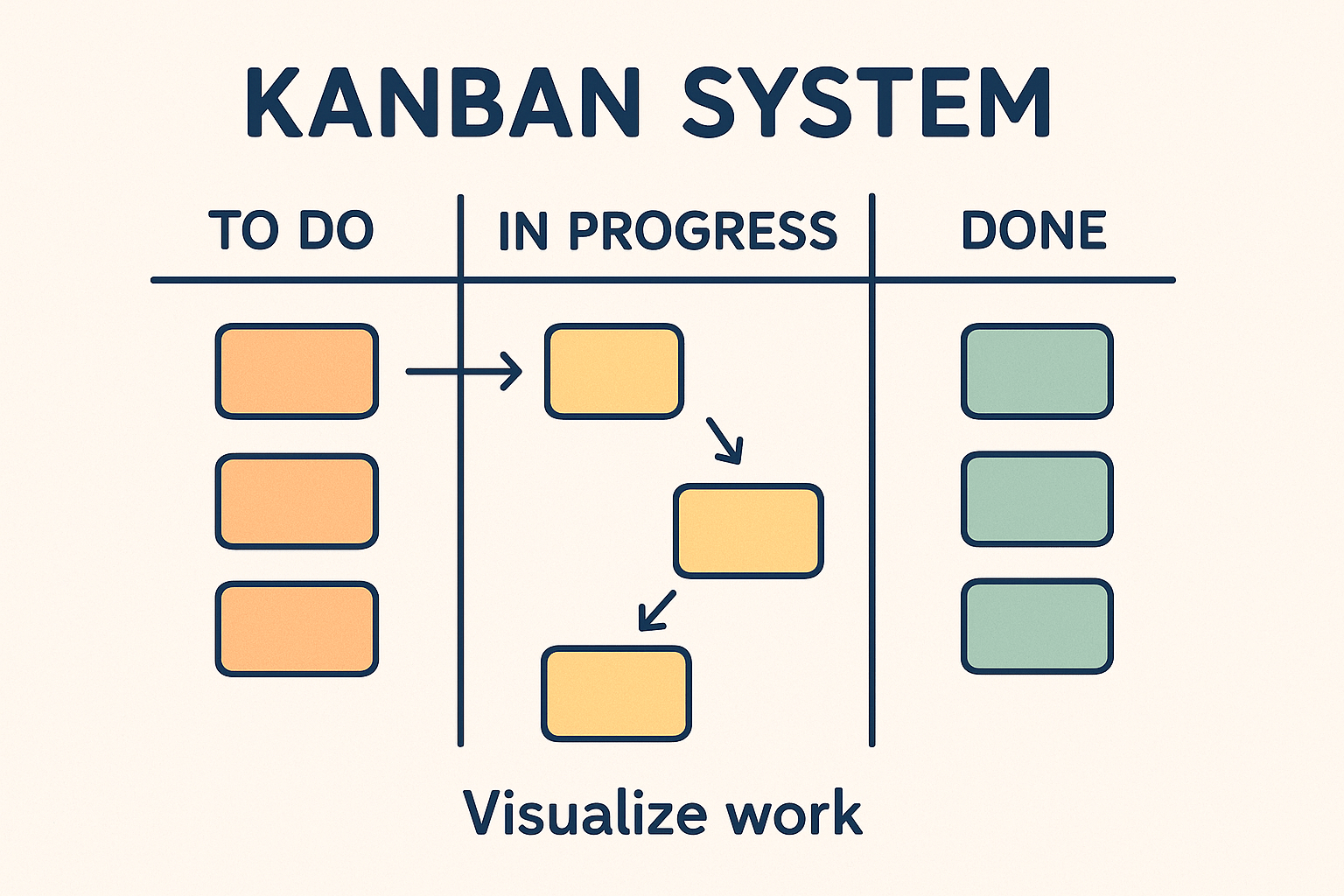
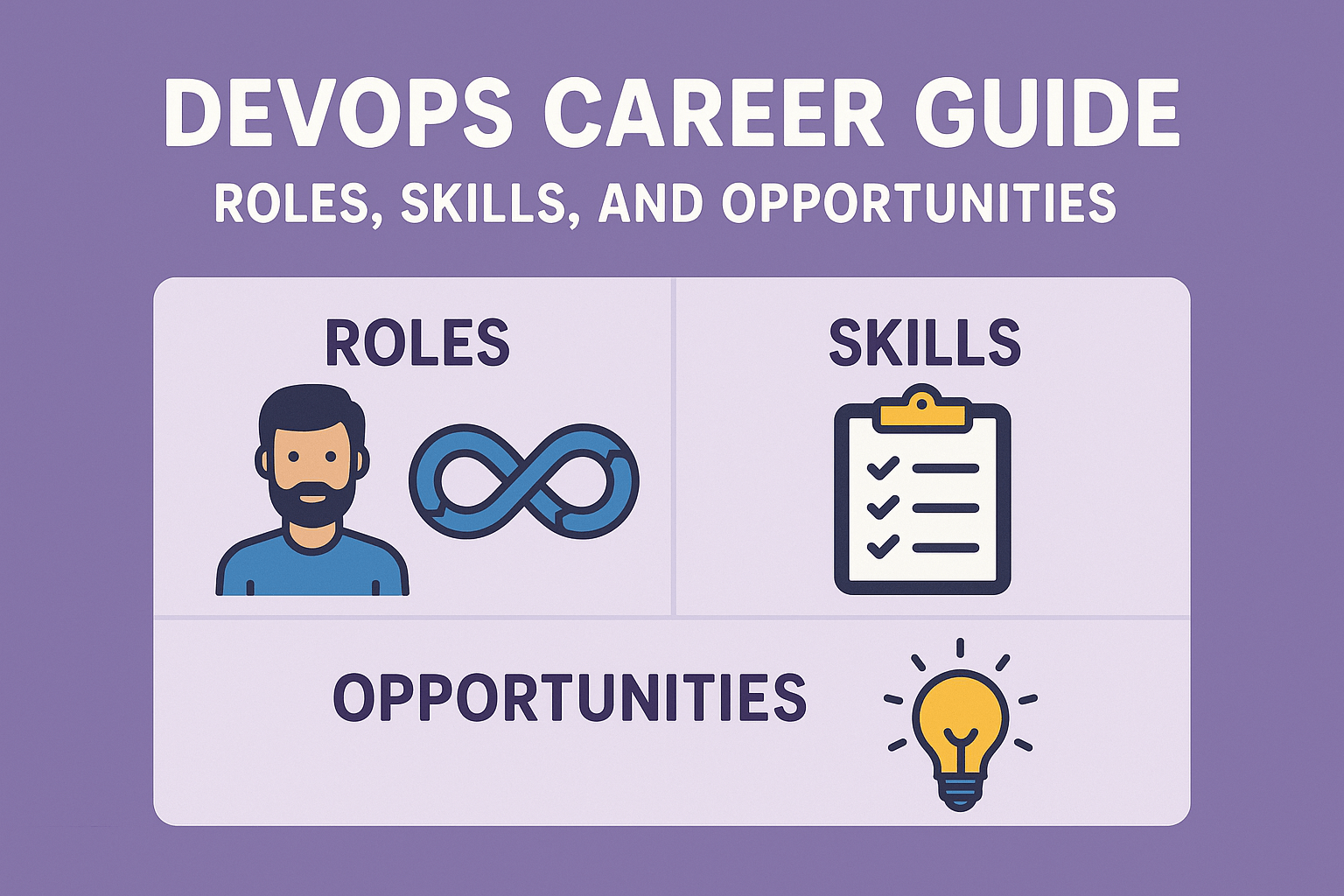
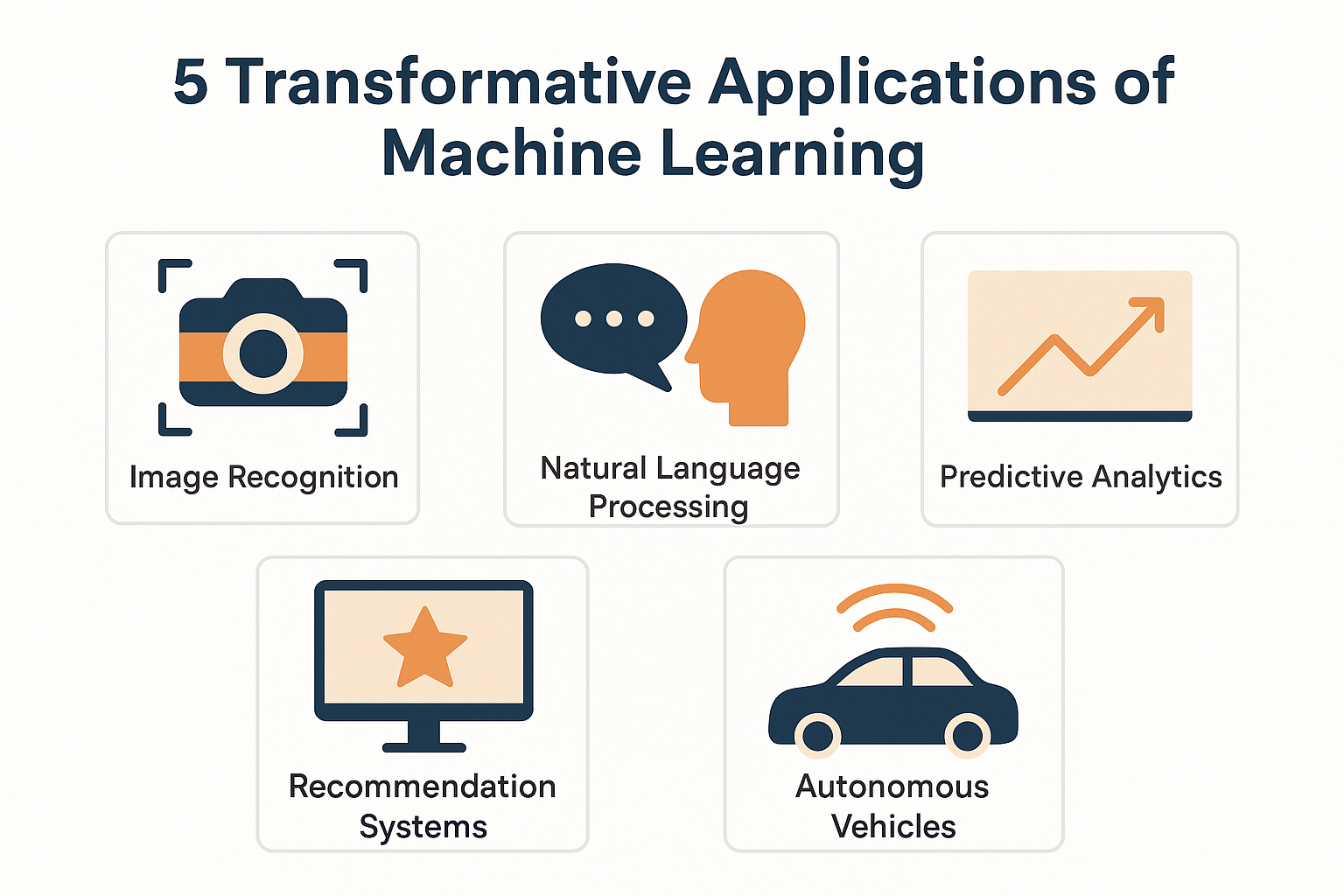

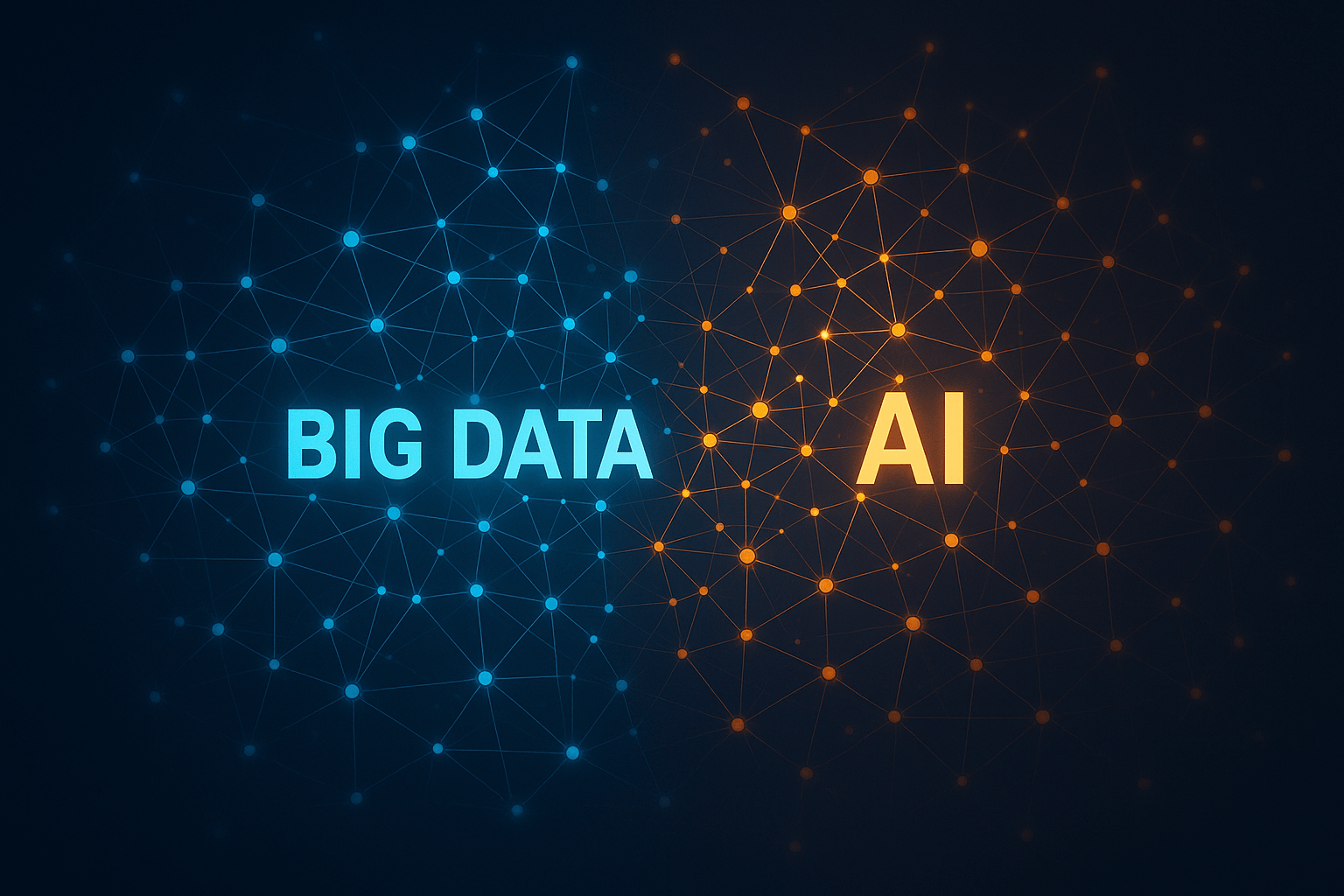

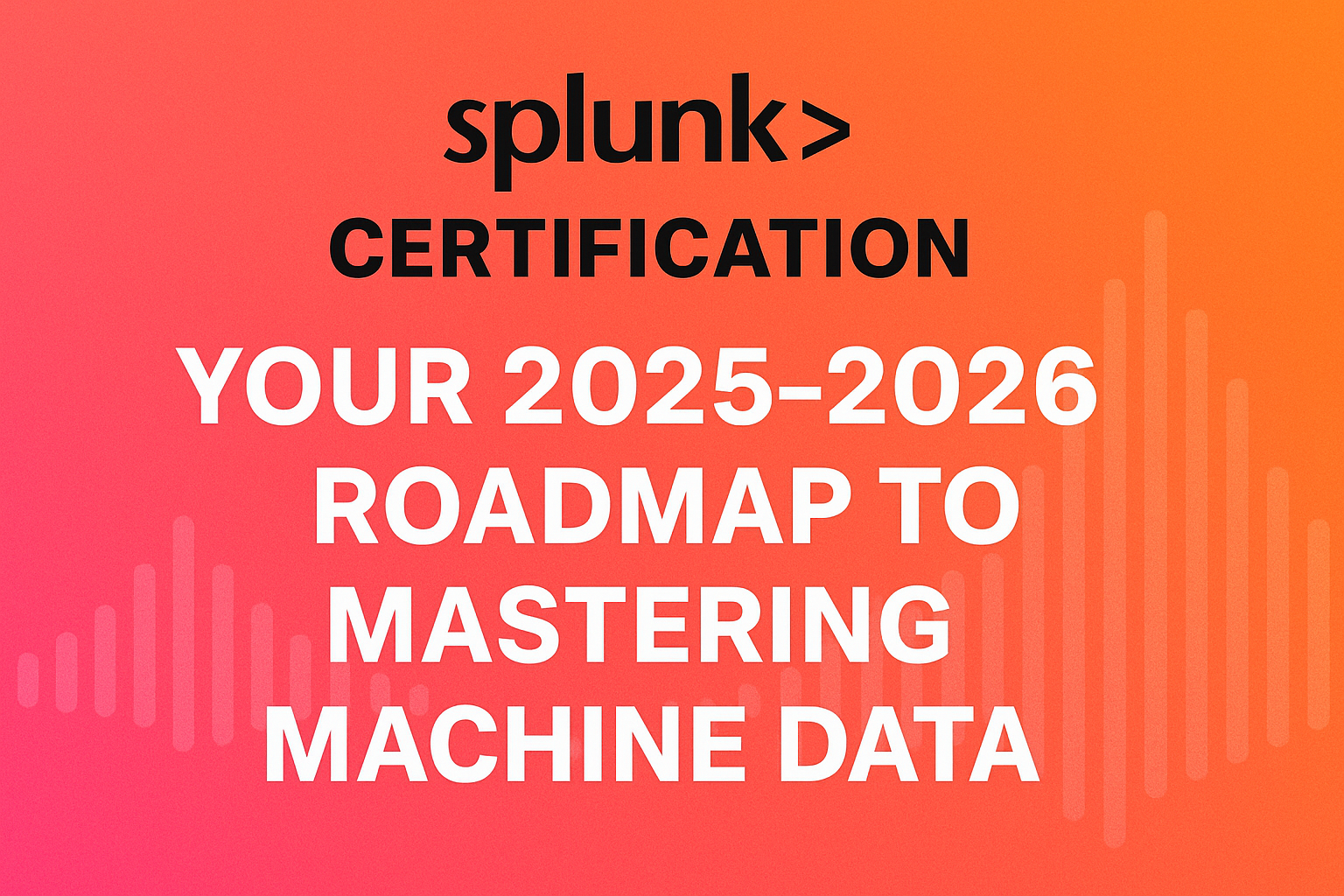
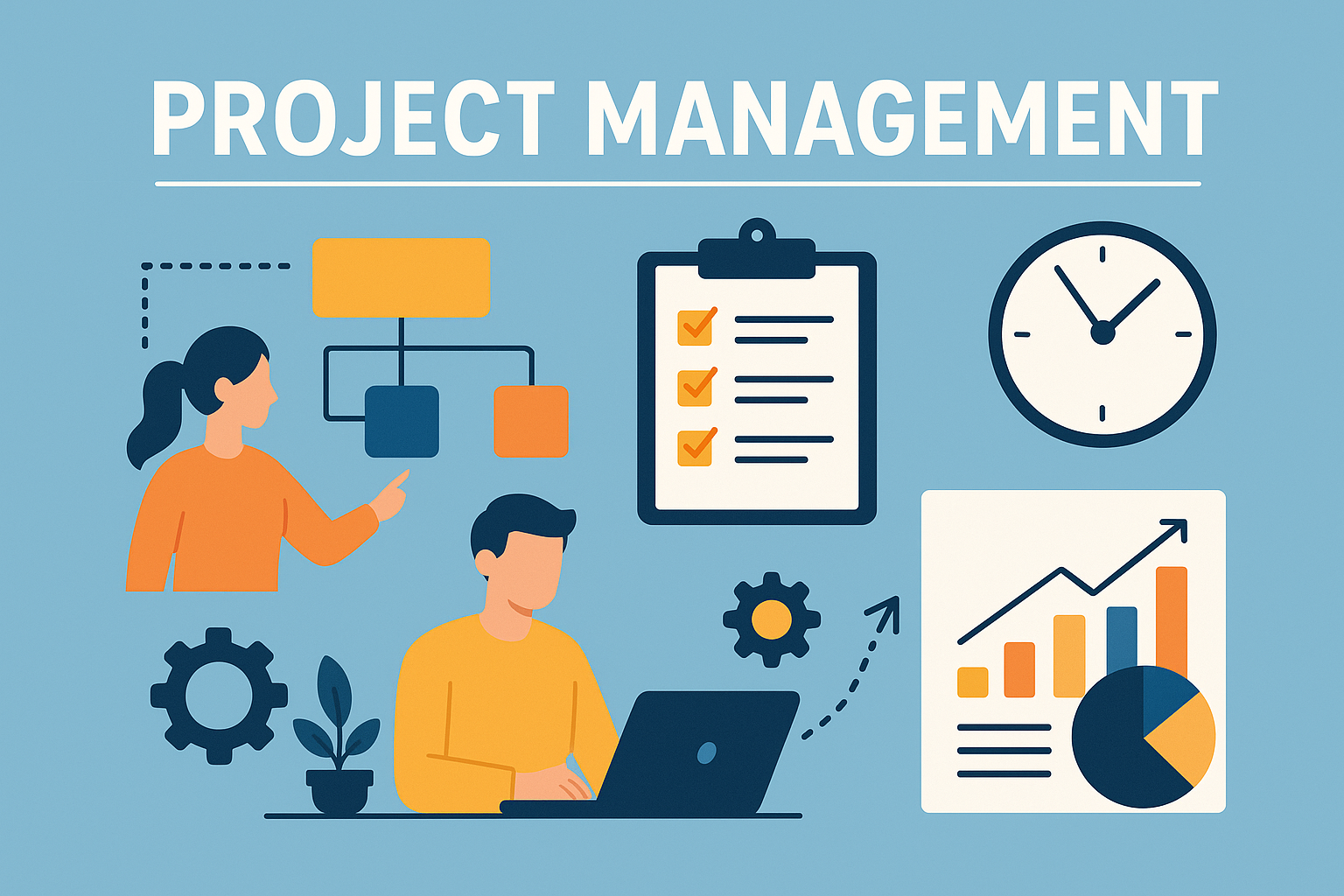

Write a comment ...